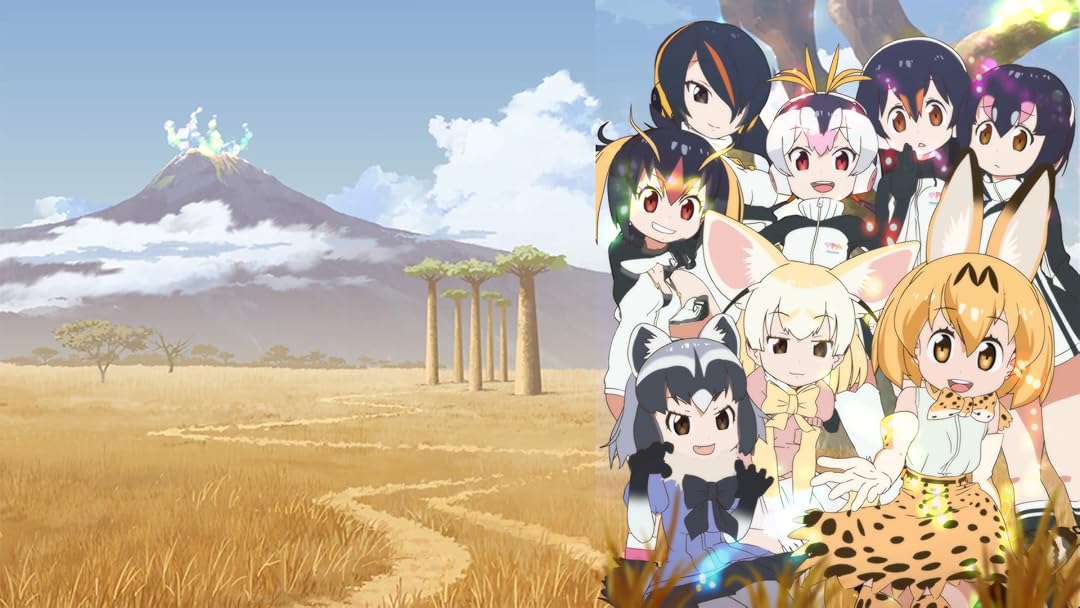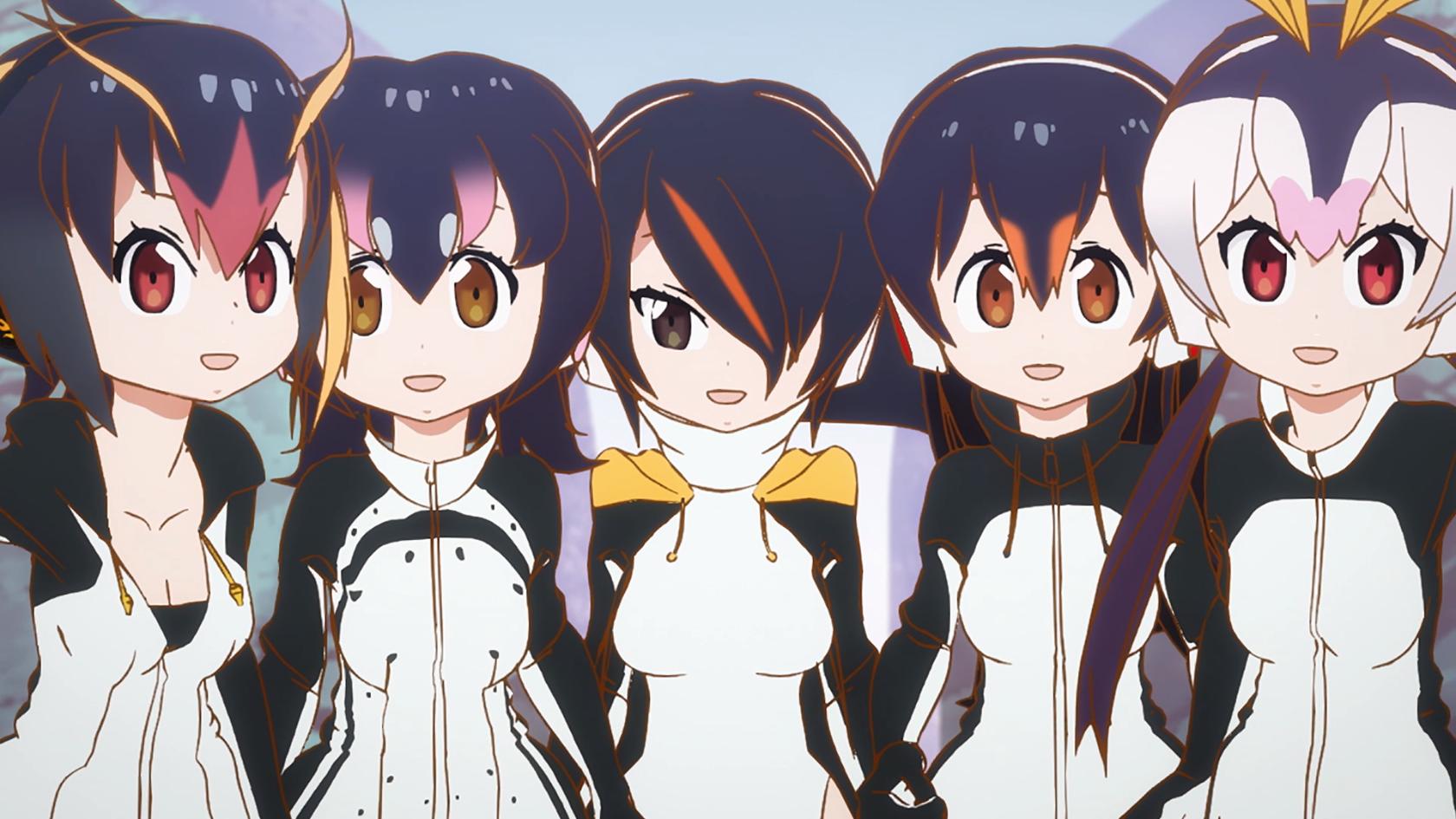The sudden removal of Kemono Friends director Tatsuki took fans by surprise, igniting a wave of frustration. Kadokawa, the company behind the series, announced his dismissal despite the anime’s unexpected success. Tatsuki had played a crucial role in making Kemono Friends a hit, leaving fans confused and upset about the reasoning behind this decision.
Loyal fans immediately took to social media, expressing their disappointment with Kadokawa’s actions. Many believed that Tatsuki’s direction was the heart of the series and feared that future seasons would suffer without him. Hashtags demanding his reinstatement quickly trended, while petitions circulated online, gathering thousands of signatures in an attempt to reverse the decision.
Betrayal and Broken Trust

For many fans, Tatsuki’s removal felt like a betrayal. He had transformed a low-budget production into a cultural phenomenon, proving that passion and creativity could outweigh financial limitations. Kadokawa’s decision shattered this belief, making fans question whether studios truly valued creative talent or only cared about profits. This incident deepened the divide between corporations and anime enthusiasts.
The backlash wasn’t just vocal—it had real financial consequences. Kadokawa’s stock reportedly saw a decline after the controversy, reflecting investor concerns over the studio’s handling of the situation. The negative press surrounding the dismissal led to uncertainty about the future of Kemono Friends, with fans questioning whether the series could maintain its popularity without Tatsuki.
The Future of Kemono Friends

Despite the controversy, Kadokawa moved forward with new plans for the franchise. However, many fans lost interest, believing the anime’s charm had been tied to Tatsuki’s unique vision. Some vowed to boycott future seasons, while others remained skeptical about whether the series could recapture its original magic. The controversy became a cautionary tale about the risks of disregarding passionate creators.
Tatsuki’s dismissal highlighted the fragile relationship between anime studios and their audiences. Fans are no longer passive consumers—they have a voice and can influence industry decisions. The Kemono Friends scandal proved that creative integrity matters, and companies that ignore the wishes of their audience may face lasting consequences. Studios must recognize that talent and vision are just as valuable as financial success.




